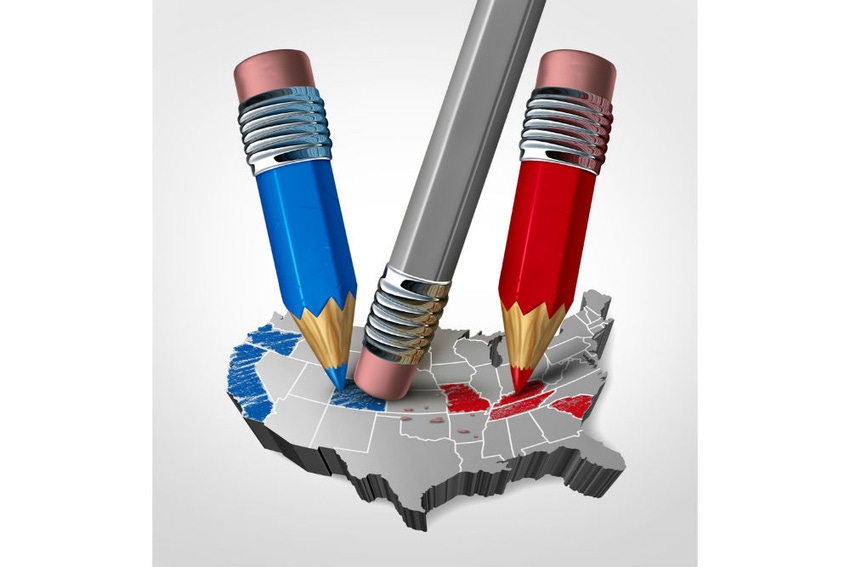To combat election interference, Facebook will clearly label news from state-owned media and take other measures.
October 21, 2019

Facebook CEO Mark Zuckerberg, in an interview with NBC News, says the company has already caught Russia, China and Iran trying to sabotage the 2020 U.S. elections – and elections in other countries too – by laying a sophisticated groundwork that it can build upon. To combat that, Zuckerberg says it will clearly label news from state-owned media and take other measures.

Facebook’s Mark Zuckerberg
“We continue to see their tactics are evolving,” Zuckerberg said in the interview with Lester Holt, which aired Monday on NBC Nightly News. “Today, what we’re basically announcing is that we found a set of campaigns. They are highly sophisticated. They signal that these nation-states intend to be active in the upcoming elections.”
Among the measures Facebook says it will take, in a company blog, to protect elections in democracies around the world are:
Protecting the accounts of candidates, elected officials, their teams and others through Facebook Protect.
Making Pages more transparent, including showing the confirmed owner of a Page.
Labeling state-controlled media on their Page and in our Ad Library.
Making it easier to understand political ads, including a new U.S. presidential candidate spend tracker.
Preventing the spread of misinformation, including clearer fact-checking labels.
Fighting voter suppression and interference, including banning paid ads that suggest voting is useless or advise people not to vote.
Helping people better understand the information they see online, including an initial investment of $2 million to support media literacy projects.
Oddly, it may be the U.S. government that ends up crashing Facebook’s election protections. U.S. Attorney General Bill Barr is pressuring Facebook to delay adding end-to-end encryption to its messaging services, including its WhatsApp app, claiming that public safety requires law enforcement access to such messages.
“Without encryption, our democracy will be at risk of collapse, especially in our ever-increasing tech-centered, and AI-powered world. If Facebook (or Apple) is required to build a back-door on their systems for the government to gain access to user data, that backdoor can not only be used irresponsibly for mass surveillance by the U.S. government, but it can also be easily infiltrated by third-party hackers, terrorist states and other governments looking to wreak havoc on millions of Americans by gaining access to their private photos, emails, messages and more,” said John Meyer, a tech analyst and app engineer who also is the co-founder of Homebound, a tech provider for residential home buyers and builders.
Facebook has been in the hot seat nearly continuously since its role in the 2016 elections. The company has tried numerous approaches since then to curtail fake news and election interference with mixed success. The social media giant has also taken confusing positions over its responsibility to do so.
Despite – or perhaps because of – the ups and downs, and the twists and turns in public opinion, court arguments and government hearings, Facebook is trying to find its footing on the high wire between freedom of speech and deepfake video manipulations. The gap in between those two extremes poses a potentially fatal fall for Facebook and democracies everywhere.
Meanwhile, MSSPs must seek the means to protect their clients from becoming victims of disinformation and deepfake video attacks by nation-states and common criminals. For that, they will likely need Facebook’s help at some point. If the social media giant carries through with the protections it announced Monday, that would be a very good start.
About the Author(s)
You May Also Like


